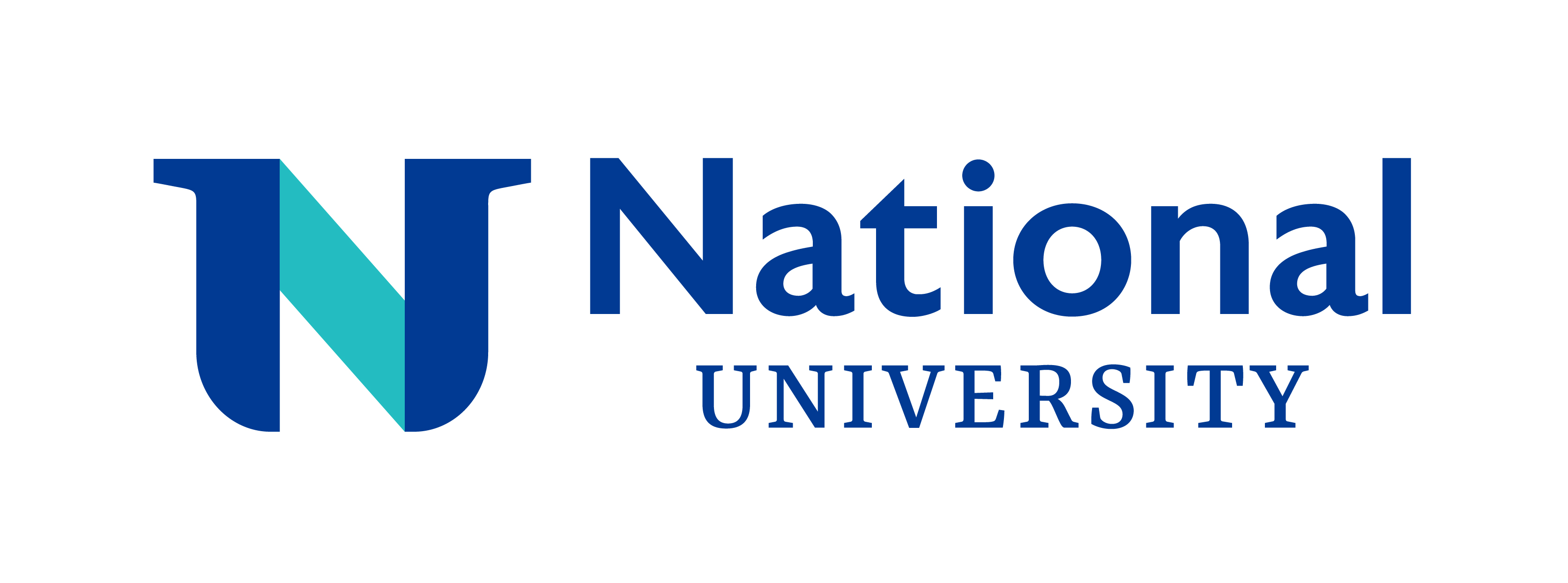ELL2105X - Academic Performance Development I
Course Description
Immerse yourself in critical thinking and analytical skill development with ELL2105X, Academic Performance Development I. Learn to distinguish between topics and issues, valid and false claims, and the options to accept, reject, or suspend judgment. Cultivate academic openness and skepticism through self-assessment exercises, paving the way for rigorous inquiry and analysis. Employ a 9-step approach to questioning and reasoning, evaluating studies and arguments with precision. Explore higher-order thinking skills across Bloom’s Taxonomy, enhancing learning assessment. Master figurative expressions as linguistic devices, improving communication and analytical abilities. Analyze logical fallacies and rhetorical ploys to navigate persuasive discourse effectively.
Key Benefits
- 100% online self-paced course.
- No textbooks and other materials required for purchase.
- Promoting andragogical learning strategies for academic learning environments.
- Guiding ethical conduct and academic performance guidelines.
- Developing academic writing and research competencies, including discipline-oriented terminology and subject-specific content, context, and concepts.
- Fostering critical discourse and formal presentation skills.
- Cultivate analytical thinking, problem-solving, ethos, pathos, and logos.
- Stimulate metacognitive, reflective, and higher-order thinking skills.
- Advance receptiveness and empathy on issues related to global connectivity, intercultural communications, and human perspectives.
- Encourage collaboration, interactivities, and peer review/exchange that fosters teamwork, supports diversity and inclusion, and develops personal communication skills.
- Upholding leadership fundamentals, inclusive leadership concepts, and issue-based perspectives.
- Applying technology-based productivity tools, Web-based learning, and multimedia.
Learning Modules Include
- Unit 1 – Critical Thinking
- Unit 2 – Higher-order Thinking Skills
- Unit 3 – Logical Fallacies and Rhetorical Ploys
- Unit 4 – Deductive and Inductive Reasoning
Course Learning Outcomes
- Apply critical thinking in academia.
- Distinguish between topics and issues, valid and false claims, and the option to accept, reject, or suspend judgment.
- Engage in self-assessment of academic openness and skepticism.
- Evaluate a research study utilizing the nine-step approach to questioning and reasoning prompted by skepticism.
- Engage in a critical process incorporating elements of critical thinking.
- Recognize and describe the realm of higher-order thinking skills across cognitive levels and hierarchical progression.
- Apply figurative expressions.
- Examine common fallacies that challenge the credibility and effectiveness of an argument.
- Identify rhetorical ploys used as psychological and emotional triggers to sway opinions, shape beliefs, and influence behaviors and leverage appeals to persuade consumers.
- Recognize the impact of innuendo and loaded questions on discourse intentions.
- Distinguish between and identify inductive and deductive reasoning.
- Recognize the impact of binary and non-binary language.
Requirements to Enroll
To be eligible to enroll in the ELL2105X: Academic Performance Development I learners must complete the following:
- Enroll in the ELL1900X - Orientation and Assessment AND
- Earn a score of 59 or higher on the Global Scale of English (GSE) AND
- Must pass ELL2104X: Academic Skill Development II with a grade of 80% or higher
Estimated Time to Completion
35 Hours
Access Time
Students will have access to their course learning modules for up to 1 month or 4 weeks from the date of their enrollment.
Certificate of Completion
The English for Academic Purposes (EAP) certificate is awarded after the successful completion of six courses (ELL2101X, ELL2102X, ELL2103X, ELL2104X, ELL2105X, and ELL2106X).
Applies Towards the Following Certificates
- English Language Learning Certificate: English for Academic Purposes : Required Courses








